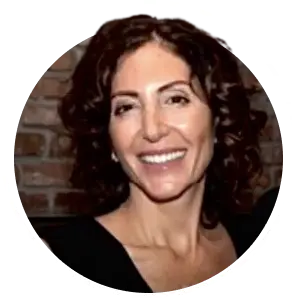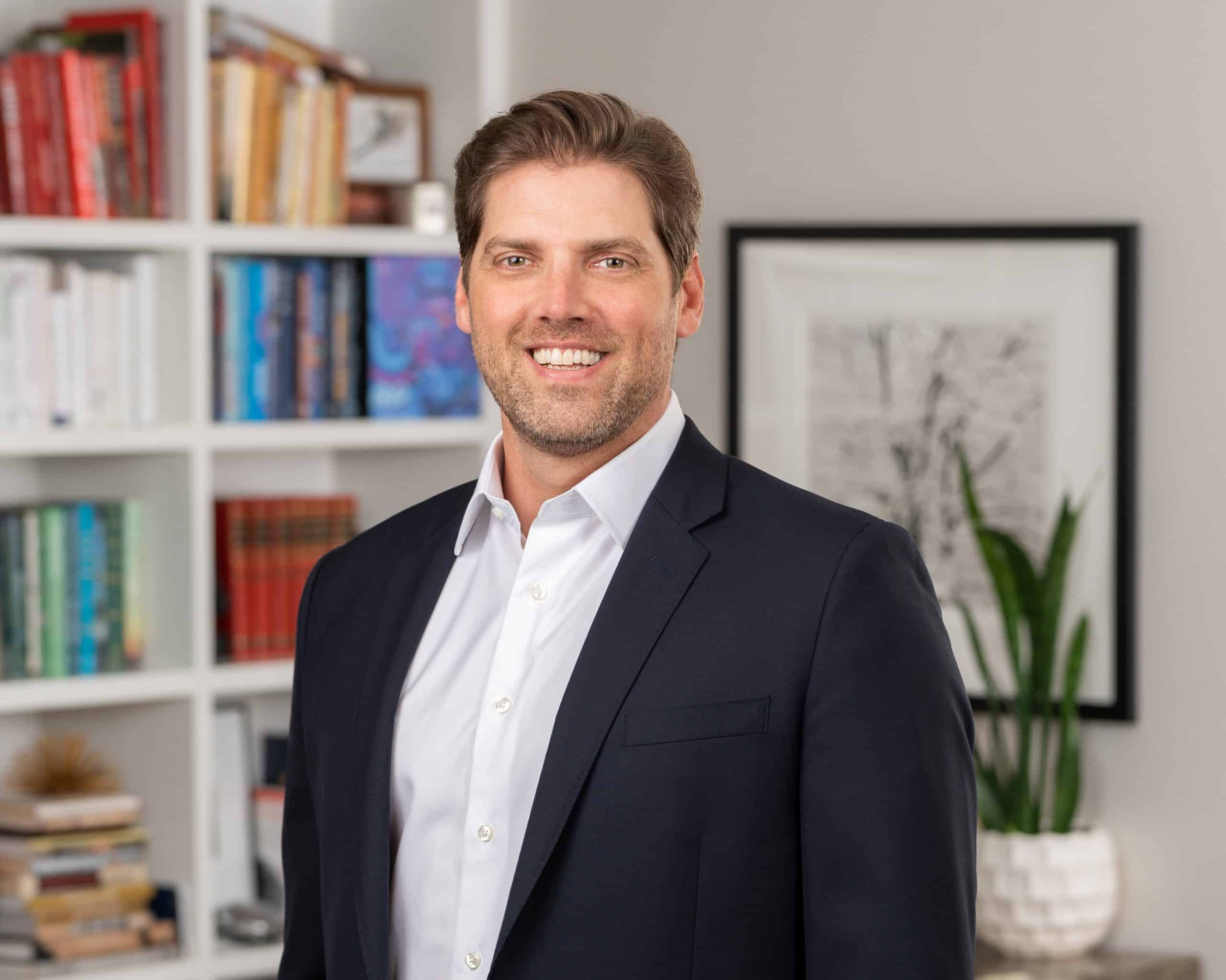Recovery is now a loaded word. It’s the umbrella term that describes the act of healing from various facets of life. Did you notice how I didn’t say substances or alcohol or drugs? Because recovery now includes all of these things, plus more life issues like grief, anxiety, pregnancy loss, cancer, trauma, codependency, eating disorders, and the list goes on. I’m not exactly sure that’s what the creators of Recovery Month had in mind when they started recognizing the theme month 30 years ago. However, Recovery Month is now under new ownership and with it, comes the evolution it’s been going through on its own.
Originally created by SAMHSA, Recovery Month began as a way to educate Americans about substance use treatment and mental health services available that can help those in need live healthy and rewarding lives. Back then the stigma was strong and many people feared getting help for a substance use disorder, or didn’t know help was available for them. Over the years, Recovery Month has not only concentrated on treatment options, but has also started celebrating the gains the recovery community has made.
This year, the reins have been handed over to Faces and Voices of Recovery, a national organization that concentrates on supporting people in long-term recovery in a variety of ways including building support for a national recovery movement, reducing stigma, creating recovery messaging trainings, and more. The theme they chose for 2020 is “Join the voices for recovery: celebrating connections.” I’ve already seen more swag, publicity, and posts for Recovery Month this year than most previous years combined! I look forward to the change in leadership because I know Recovery Month deserves to be at the forefront and our achievements should be celebrated.
One of the most prominent achievements I’ve seen over the last year is that the recovery community has grown by leaps and bounds, but not because of the number of people in our community, because of the way we’re defining and embracing recovery. The concept of recovery has changed. When I got sober in 2013 recovery meant sobriety, and sobriety was inherently tied to Alcoholics Anonymous and addiction treatment centers. It seemed like a very narrow audience that could actually identify with the word recovery.
But as you’ve probably seen over the last two years recovery is truly having a moment. I think this started slowly a few years ago with several of us creating blogs sharing our own recovery experiences that didn’t look like the typical ones we hear and see in the media. The recovery writer, blogger, and advocacy space continued to slowly blossom. Then in 2019 things went boom! All of the sudden there were Instagram handles, sober girl societies, alternative types of meetings to attend, books about being sober-curious, and non-alcoholic cocktails and beer galore!

Personally this made my heart so happy because when I got sober I felt like an oddball because AA didn’t really resonate with me, I received judgement for drinking O’Doul’s, and I kept receiving messages that I wasn’t really in recovery. Now we live in a world where there are Facebook support groups for people who choose to leave AA, for women who are recovering in all areas of their lives, and for people who are thinking about just cutting back or taking a break from alcohol (just to name a few).
She Recovers uses the phrase, “we are all recovering from something,” and it’s this inclusivity and broader sense of community we are all feeling during Recovery Month this year. The dictionary definition of recovery is a return to a normal state of health, mind, or strength. This doesn’t limit people to recovering from substances and addiction only. And it also doesn’t define what recovery means for each person. Recovery is something personal, that only we can define for ourselves.
As we lean into celebrating connections this Recovery Month I believe our current overarching theme of a bustling recovery community has laid the foundation for connecting us to each other and to our recovery. There is something for everyone out there and more resources and support groups and recovery coaches are developing every day. But most importantly, we’ve transitioned into a more inclusive use of the word recovery.
Recovery is no longer equal to abstinence, we’ve embraced harm reduction, sober curious, and people who cut back and drink less. We’ve created an environment where everyone is free to use the terms they identify with and not have to frame their stories into a proverbial rock bottom just to stay relevant. I have friends who drink NA beer and cocktails just because it’s healthier and because it helps them not experience migraines or anxiety! They are welcome here too, if they want to be.
With reducing stigma and celebrating recovery, we’ve found a community that embraces experiences and stories from every walk of life. I’m glad Recovery Month has also moved in this direction. Recovery is welcoming, it’s for anyone who wants or needs it, and gaining access to it should be just as easy. We’re working on the last part!
Sometimes I can’t believe how far recovery has come since I quit drugs and alcohol 7 years ago. My own recovery has changed along with it, and I’m sure it will again. I look forward to seeing its continued evolution, but this month I’ll be celebrating the lifesaving connections I’ve made and the inclusive community I’m a part of.
This post was written by Kelly Fitzgerald Junco. You can follow her journey at the Sober Señorita.


 Steve Carleton
Steve Carleton 